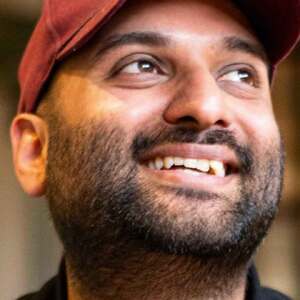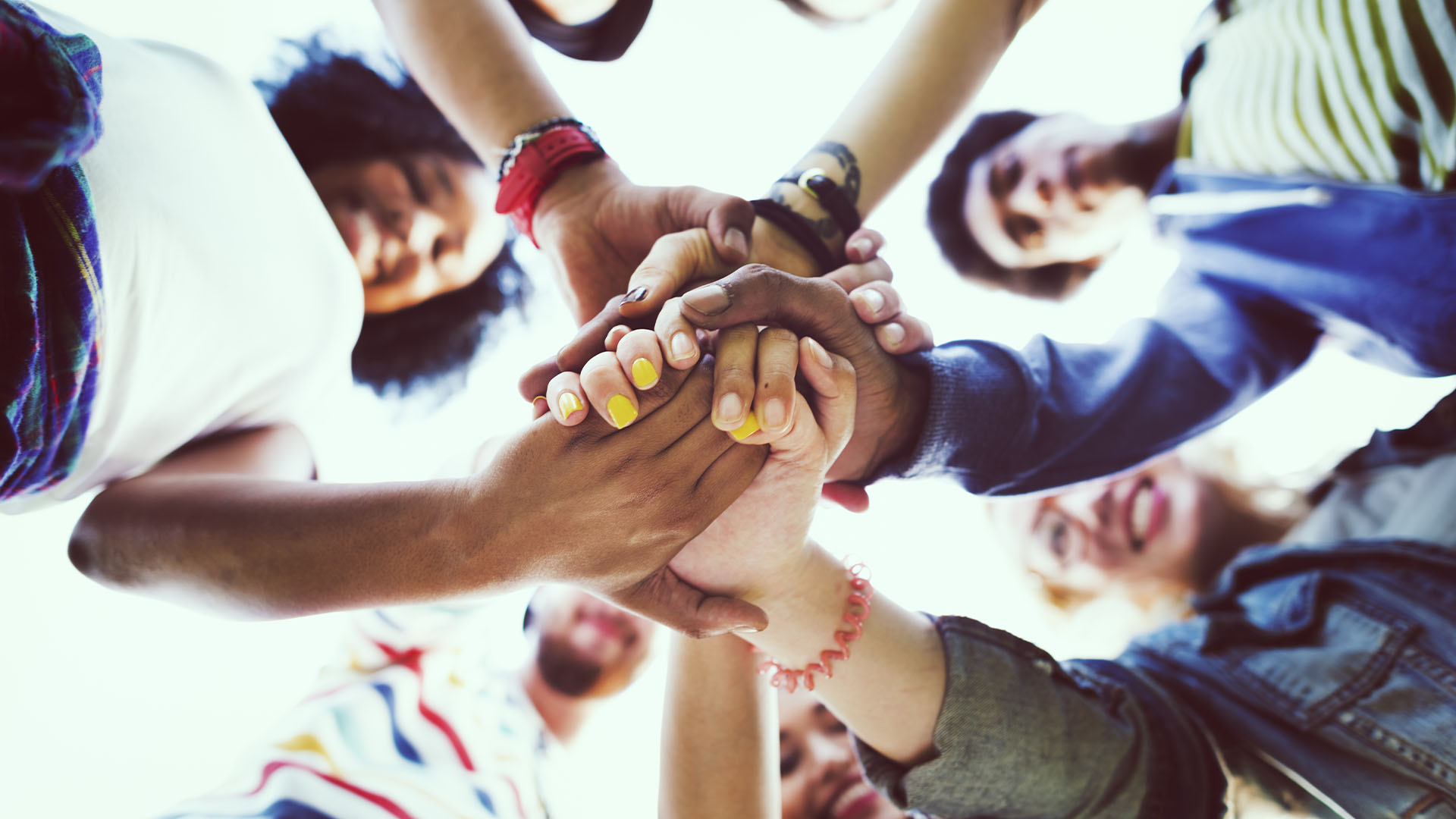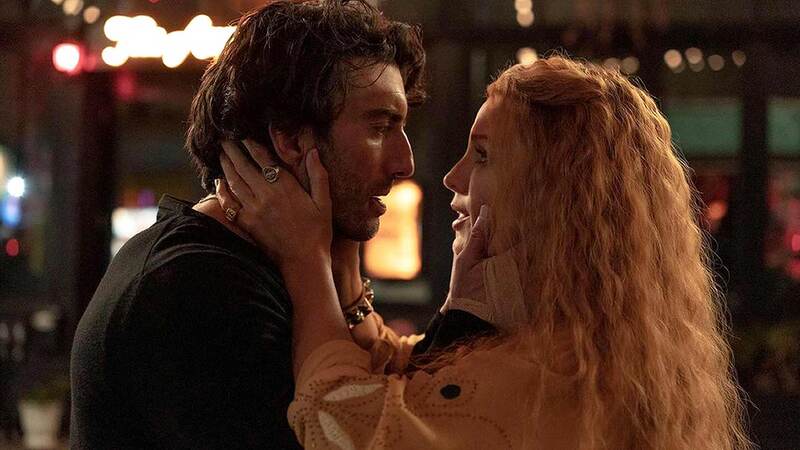You are viewing your 1 free article this month. Login to read more articles.
I've 'found my people' in publishing – just not where I expected
Networks for underrepresented communities can be vital, but they’re not the only spaces to find like-minded industry friends.
One of my very good friends is always talking about the importance of finding your people. The industry she has chosen to work in can be very white so she has taken steps to finding her tribe, people who reflect her skin, her culture, her world back to her. Whenever we talk, she tells me about yet another group she has found on Facebook, a community of people on Twitter or Instagram, how she has gone to an event filled with her people and found hope there, found revolution and has been revitalised.
Much like my friend, I have chosen to work in an industry that is very white. Over the five years that I have spent working in publishing, I have worked with primarily white teams, have often found myself to be the only non-white person in a meeting or a room, gone months, or even years, without working on a book by a non-white author. This is not uncommon – there’s a reason why so many publishing companies have their own communities for non-white people, started by the very people who need them. They are a way for us to find our people.
I’ll find myself performing at these events, one-upping others on the kinds of racism I’ve encountered in the office. I’ll listen to others tell stories that make my skin crawl, and while we try to find the lightness in the dark, it is too often harrowing for any light to break through.
Over the years, I’ve been to a few events, hosted by and for us, spoken to other non-white people working in publishing, complained to them about the microaggressions I’m faced with at work. We’ve joked and laughed about progress, how little the industry is doing. We’ve talked, with great seriousness, about the devastating effect working in publishing can have on our psyches.
These are exactly the kinds of events that my friend is extremely fond of going to.
But, unlike her, I’m often exhausted by them.
I’ll find myself performing at these events, one-upping others on the kinds of racism I’ve encountered in the office. I’ll listen to others tell stories that make my skin crawl, and while we try to find the lightness in the dark, it is too often harrowing for any light to break through. I’ve ended these events, leaving to go home, with the realisation that I’ve spent the entire night without talking about some of the good books I’ve recently read (or the bad, which can sometimes be more fun to discuss), TV or films that I’ve enjoyed, or anything other than the racial politics of existing inside publishing.
Maybe this is a me-thing, something I need to work on in therapy. Maybe it’s not.
I’ve stopped going to these events recently. I feel guilty about this, because surely this is exactly what I’m craving. To be surrounded by people who look like me, who are experiencing the same things I am experiencing. Is this not the very definition of finding "my people"? Beyond that, I also feel a sense of obligation, that as someone who talks a lot about the industry needing to change, I should be present.
But there is something about these events, of them existing in isolation to the rest of publishing, that I cannot shake. It is the very necessity of them that makes me less inclined to go to them, because why is it not possible to find my people in the office, the way others can? Why must I have to go to an event, whose very existence is emblematic of the systemic issues in publishing, to feel seen?
Over the past few years, I have found that it is outside of these events and spaces that I have found my people. There is the Pakistani Muslim woman who started working in my publishing house a year ago, who has become one of the closest friends I have, who I can share my world with without ever feeling like I have to explain myself. There is my white friend, made just before the pandemic began, who has supported me infinitely over the chaotic two years I have had. There is the Black friend I met at London Book Fair several years ago, who has always created space for me in her life.
I think I got caught up in the simplistic idea that my people had to look like my people. My community, growing up, was made up of people who mirrored me; faced with the sea of white faces in my office, I thought I needed to find the same here. But just because a person looks like me does not mean that they are going to be like me. And it doesn’t mean I am going to be like them.
I understand the need for the space to be yourself. As I find myself continuing down the journey of a published author, alongside my day job, I need it more and more. To shed all the performances, the code-switching, to sit and just be. But, for me, those spaces are the ones I have carved out with my friends, and those friends are not defined by how many physical characteristics they have in common with me (or how many they do not).
My people are people from all walks of life, whose different lives and worlds I am constantly learning from. We understand one another, not because we come from the same place but because we are in the same space now. Maybe, at the end of the day, that’s all that matters.
















